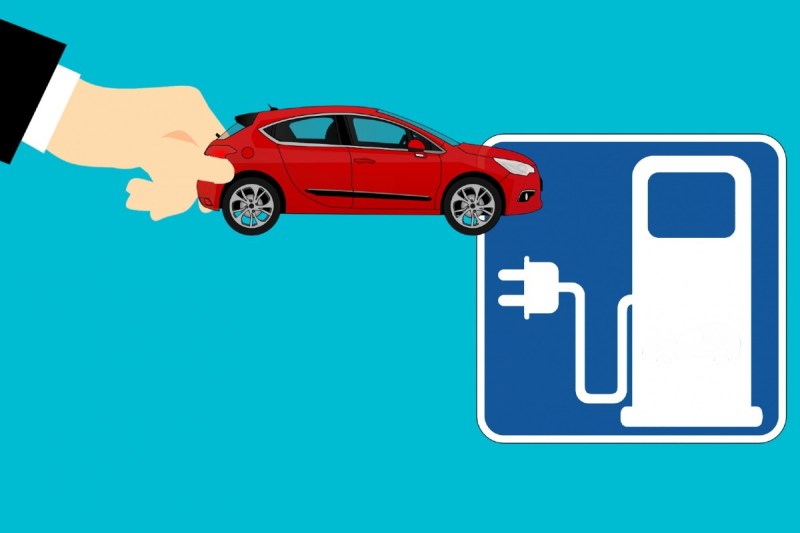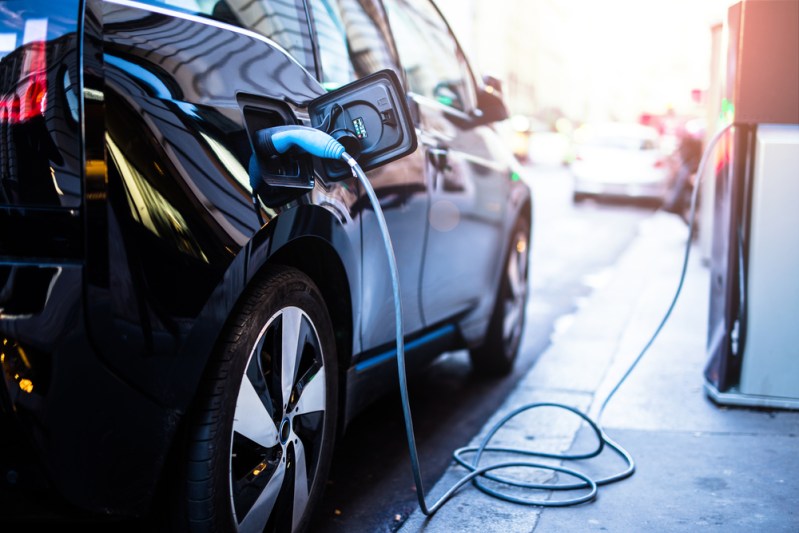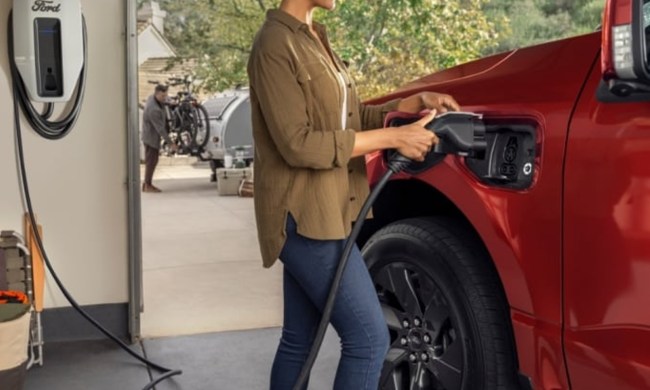Are you in the market for a new car? Have you considered an EV?
Energy Innovation, a “nonpartisan energy and climate policy firm delivering research and analysis,” published a May 2022 study that found that it is cheaper to buy and own a new electric vehicle than it is a comparable gas model over the vehicle’s lifetime. This makes sense as EVs require little or no gas, less maintenance, and feature greater average longevity than internal combustion engines.

The cost of owning an electric vehicle
The issue is that most people are concerned about the up-front cost of buying an EV. With prices ranging from $20,000 to $80,000 starting MSRPs with no markups, sticker shock is almost inevitable. The majority of car purchasers don’t pay for a car out the door, though. Financing will occur over two to six years during which time you will be saving money when you don’t have to purchase gas, pay for oil changes, and more. How much you can pocket will vary on gasoline prices where you live. The cost to charge an electric car is also going to vary a good deal from state to state, as are EV incentives, insurance rates, sales tax, and other expenses.

Which states are best for electric vehicle owners?
Energy Innovation conducted its study across auto classes and types in order to elicit a fair comparison and contrast of ownership costs between EVs and comparable gasoline models. The broad sampling across the marketplace included the 2022 Hyundai Kona vs. the Kona EV, the 2022 Hyundai Kona Limited vs. the Limited EV, 2022 Ford F-150 XL vs. the electric Lightning Pro, the 2022 Kia Niro EX Premium vs. the electric EX premium, the 2022 Volvo XC40 Inscription vs. the Recharge Plus, and the 2022 Nissan Versa S Xtronic CVT vs. the all-electric Leaf.
The results were not surprising: estimates suggested that the greatest savings will occur in states where driving distances are typically longer and/or commutes are more congested, and gas prices tend to outpace average national rates:
- California
- Colorado
- Florida
- New Jersey
- New York
The states with the most incentives to buy an electric auto unsurprisingly aligned with the states with the most potential savings with a few potential outliers. New Jersey tends to lead the pack. There is a $5,000 rebate for anyone who buys or leases an EV, and the government waives its almost 7% sales tax on electric car purchases. In California, qualifying vehicles (specifically not Rivian or Tesla) earn a $2,000 rebate. New York state proffers the same discount for EVs. Colorado offers a $2,500 state tax credit that will reduce to $2,000 in 2023. Leases qualify for $1,500 rebate. There is also an Xcel Energy EV incentive with $5,500 in upfront rebates available for new EVs and $3,000 for used models.
Outside of these opportunities, Connecticut, Massachusetts, Delaware, and a host of other states encourage EV purchases with various incentives. One of the best options is in Oregon where buyers not only qualify for up to $2,500 in rebates for the purchase or lease of a qualifying new EV, but low- to moderate-income residents can save an additional $5,000 on cars that align to requirements. Savvy readers might also note that Oregon does not have a state sales tax — a hefty savings when you’re spending tens of thousands of dollars on a new car.
As to the model that Energy Innovation found that would save the most money across the board, charts show that the electric versions of the Kona SEL and the F-150 are cheaper to own in every state in the union, with an average 8.5% and 12.3% savings across the board.



